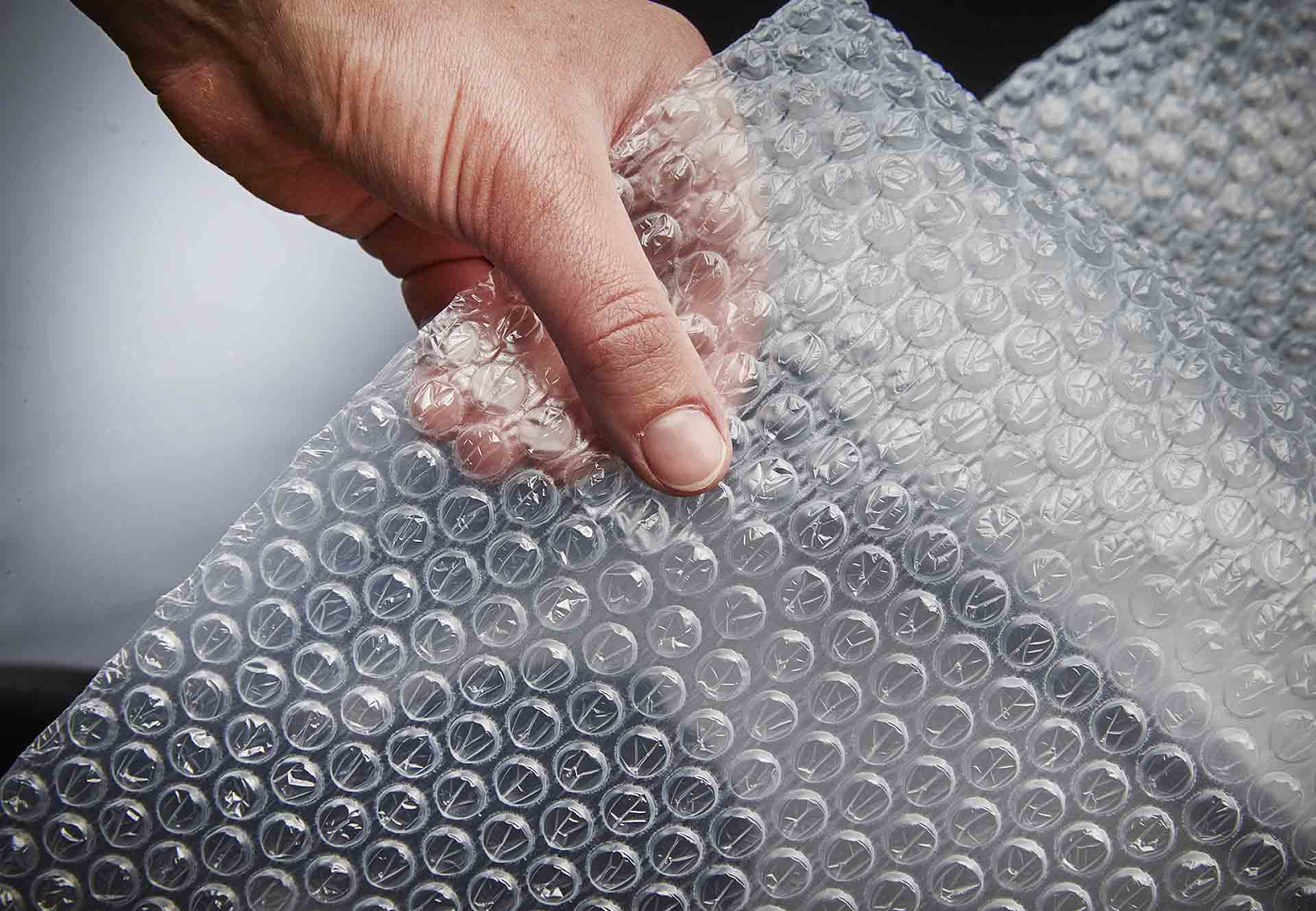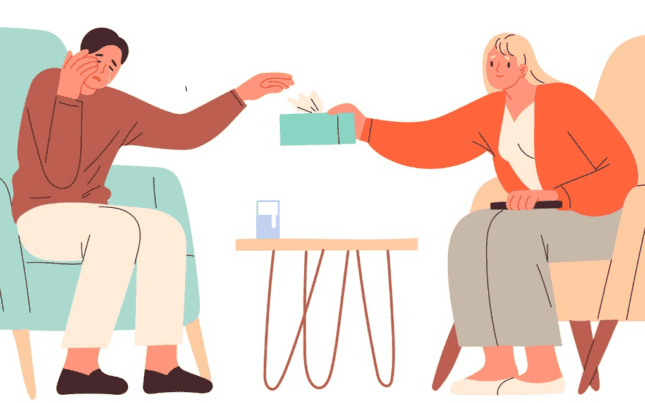You've all seen the film version of The Sound of Music, right? Well, if you've also seen the stage version, you'll know there are some significant differences between the two. Among those differences are songs that were cut or added. Two of the songs that were cut for the film, "How Can Love Survive?" and "There's No Way to Stop It" were sung by Max and Elsa. Although these cuts lose some of the character development for both characters, with an original run time of three hours, the film was simply too long to include everything in the original score. A song that was cut but replaced with another was "An Ordinary Couple," sung by Maria and Captain von Trapp in the stage show, which looks forward to their life together, which was replaced with "Something Good," also sung by Maria and the Captain, but which looks back on what in their lives led them to this point. A subtle switch, but one which works well. But the added song which makes the most difference, in my humble opinion, is "I Have Confidence," sung by Maria as she leaves the abbey and heads for the von Trapp house.
One of the reasons that the song works so well in the film, in a way it could never have done on stage, is its wonderful visual and lyrical parallels between the changing scenery and Maria's changing attitude. As she travels from the abbey to the city to the von Trapp mansion, Maria's physical and emotional bearing changes. When she leaves her beloved abbey, she is unsure of herself, even frightened, with slumped shoulders and slow steps. As she nears the less familiar city, she talks herself into having courage, her hesitant steps becoming faster and surer, her chin held higher. As she approaches the never-before-seen, imposing von Trapp mansion, she pauses to steel herself, uttering in a small voice the simple prayer, "Oh, help," in front of the gates before squaring her shoulders and pushing open the heavy gate to the unfamiliar and intimidating surroundings, her internal resolve eminently clear. She is obviously choosing to have confidence. [Fun fact: In one take, Andrews stumbled as she marched toward the mansion, and the director found it charmingly Maria-like and opted to use that take in the film.]
Confidence is something that some people have naturally. I am not one of those people. I would argue that one of my greatest character failings is a complete lack of confidence in myself. I don't know why this is; I was raised in a healthy family that praised my accomplishments and encouraged me when I struggled. I did well in school and achieved a reasonable measure of success in most things I tried. And yet, I always had a feeling that it wasn't good enough. Lack of confidence is a large part of my social anxiety: I don't have confidence that I'll know the answers, that I'll read the social cues, that I'll do or say or wear the right thing.
But as a now-single parent, I have no choice but to have confidence. Fortunately, confidence is not only naturally-occurring, it can be chosen. In the same way that Maria talked herself into having confidence, I can do the same.
When you think about it, Maria was suddenly thrown into a situation that she was in no way qualified to manage. She had never been a governess; she had no formal training in teaching or child psychology; having grown up in an abbey, she had no idea how to behave in a wealthy, upper class household. Of course she felt overwhelmed and out of her league. She had no reason to have confidence. But she chose to. Look at the lyrics:
"What's the matter with me?" is a question I ask myself on a regular basis. "I should be able to do this. What's the matter with me?" "Normal adults are not bothered by that. What's the matter with me?" "This shouldn't be so hard. What's the matter with me?" I get you, Maria. I totally get you.
I'm not so much with the peaceful slumbers these days, but I can certainly take the advice "When you wake up, wake up!" I can choose to get out of bed in the morning, even when I'd rather stay huddled under the blankets and ignore the world around me. I can get up and do something, even if it's scary, even if it's small, even if it's only one of the seemingly hundreds of things that needs doing. It's the healthy thing to do. And it builds confidence.
Maria doesn't state it here, but the phrase "All I trust I leave my heart to," coming from a devout young woman who grew up in a nunnery and plans to become a nun, has a lot of implications that I can identify with. As a Christian, "all I trust" is God Himself. Psalm 56:3 says, "When I am afraid, I will trust in You." That is how I can choose to have confidence. I don't have to have "confidence in me," I can have confidence in Christ in me. Psalm 71:5 says, "For you have been my hope, Sovereign Lord, my confidence since my youth." 2 Corinthians 3:4-5 says, "Such confidence we have through Christ before God. Not that we are competent in ourselves to claim anything for ourselves, but our competence comes from God." Phew, not only do I not have to come up with confidence in myself, I don't even have to be the source of my own competence. Which is good, because I've been feeling very incompetent lately. Instead, I will choose to trust in the Lord. Proverbs 3:5-6 says, "Trust in the Lord with all your heart and lean not on your own understanding; in all your ways submit to him, and he will make your paths straight."
I can use some straightening of the tangled paths I see ahead of me. So I choose to trust, and I choose to have confidence.
"I can do all things through Christ, who strengthens me." - Philippians 4:13
Even have confidence in myself.


















































































































